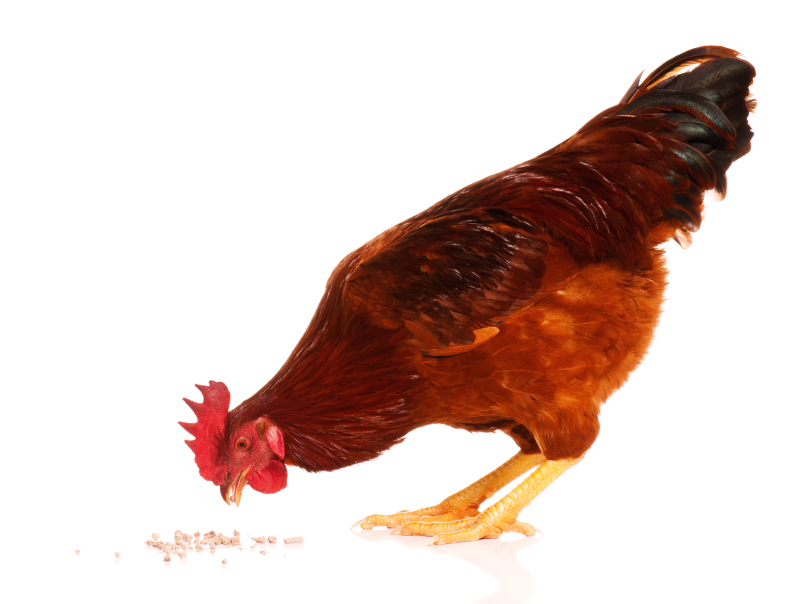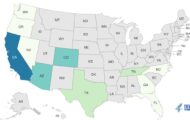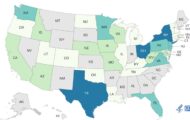There have been many outbreaks of avian flu among bird flocks around the world in the last two months. The highly pathogenic H5N8 virus is spreading across Europe and other countries. The World Health Organization is telling countries they must be on the watch for possible human avian flu cases.

No human H5N8 cases have been reported so far. But Dr. Caroline Brown, program manager for flu and other respiratory pathogens for the WHO’s Regional Office for Europe said that “this does not mean this cannot happen, as experience tells us.” The H5N8 threat to humans is “relatively low,” but other subtypes have made the jump from birds to humans in the past.
At least 24 European countries have reported H5N8 outbreaks since June 2016. More outbreaks have been reported in Asia, the Middle East, and Africa. And other types of avian flu viruses are circulating too, including highly pathogenic H5N5 and low-pathogenic H5N3.
Two more H5N8 outbreaks were reported in Germany on January 25, 2017. Italy reported another outbreak on January 26, 2017. More than 37,000 birds were culled as a control measure in that country. In Poland, another outbreak was reported in backyard birds and nine more detections in wild birds. And in the UK, an outbreak at a turkey farm in Lincolnshire killed a number of birds in a 19,500 bird flock.
In 2013, 2014, 2015, and 2016 large bird flu outbreaks in the United States forced the culling of hundreds of thousands of birds. The CDC issued a human health advisory over the avian flu in 2015. Human infections have occurred in the past after unprotected direct physical contact with infected birds, being in close proximity to infected birds, or visiting a live poultry market.
Human infection has not occurred from eating properly cooked poultry products, heated to 165°F. And people are advised to avoid unprotected exposure to sick or dead birds, bird feces, or litter. Protective clothing should be used by people working around birds, and they should carefully follow hygiene recommendations. Always wash your hands well with soap and water after handling birds or their bedding. Do not eat food when working with birds, and monitor children carefully around these animals.




